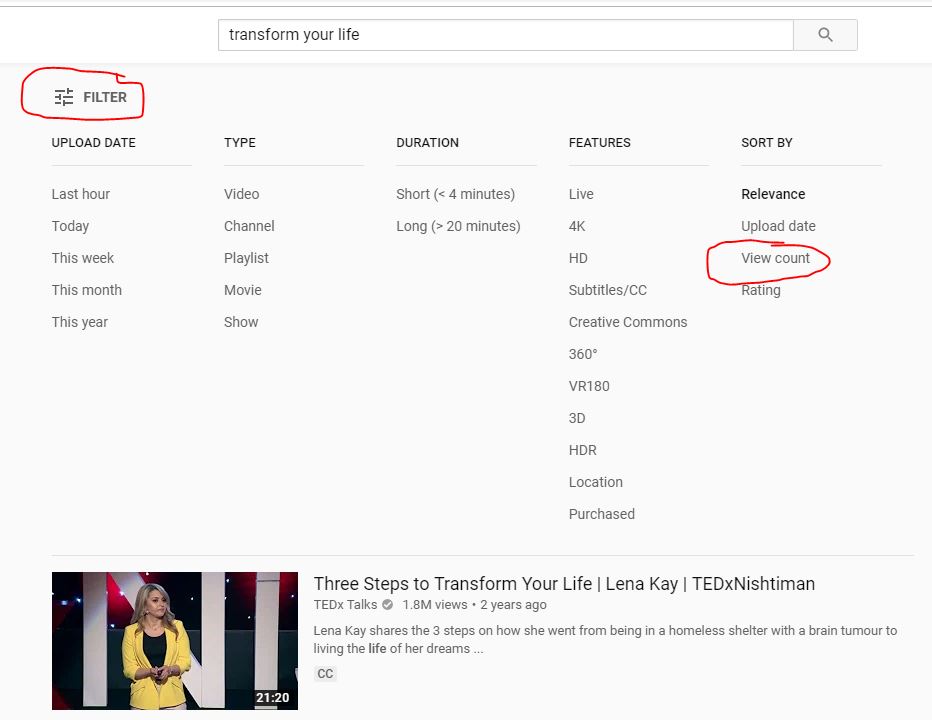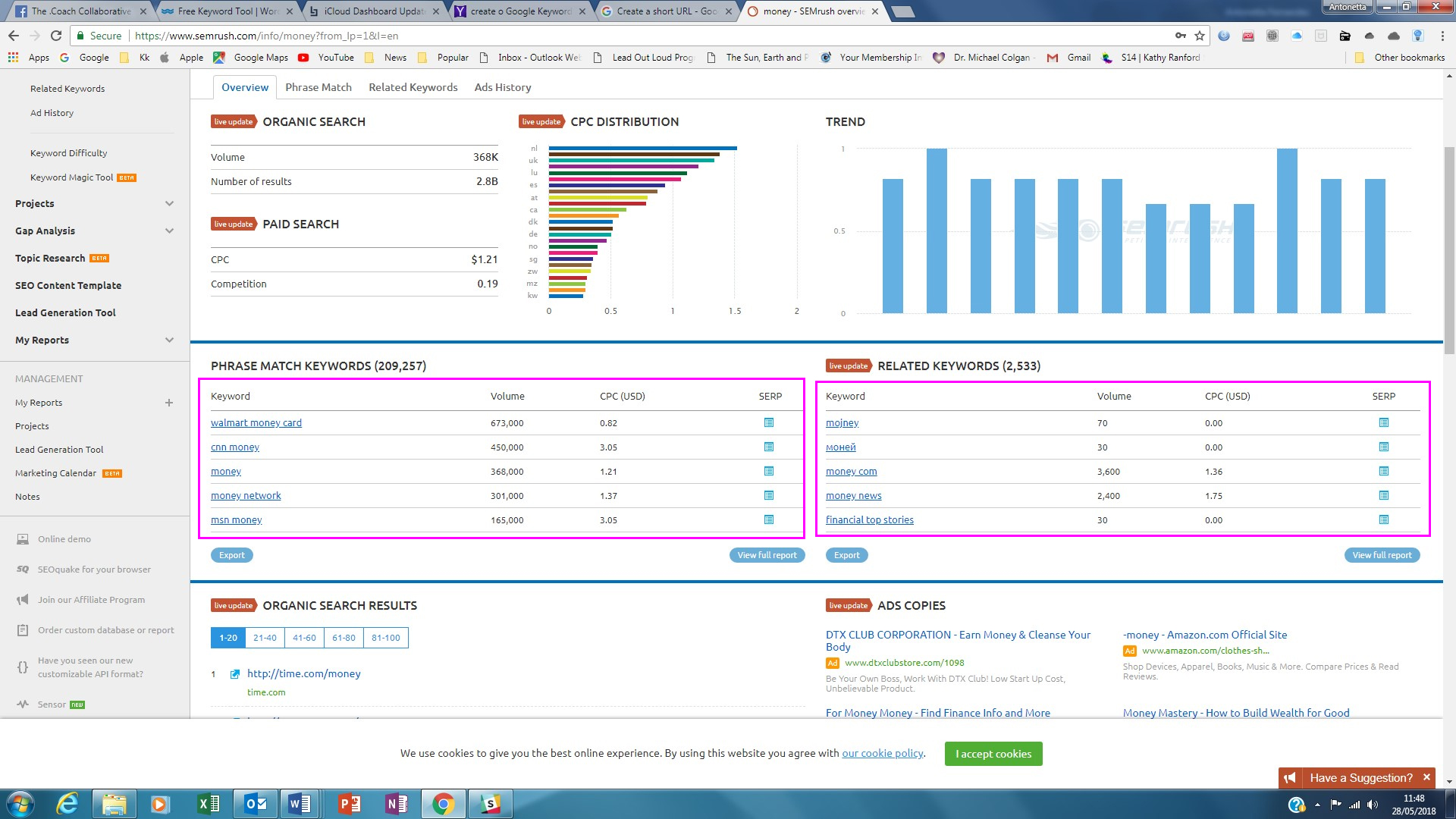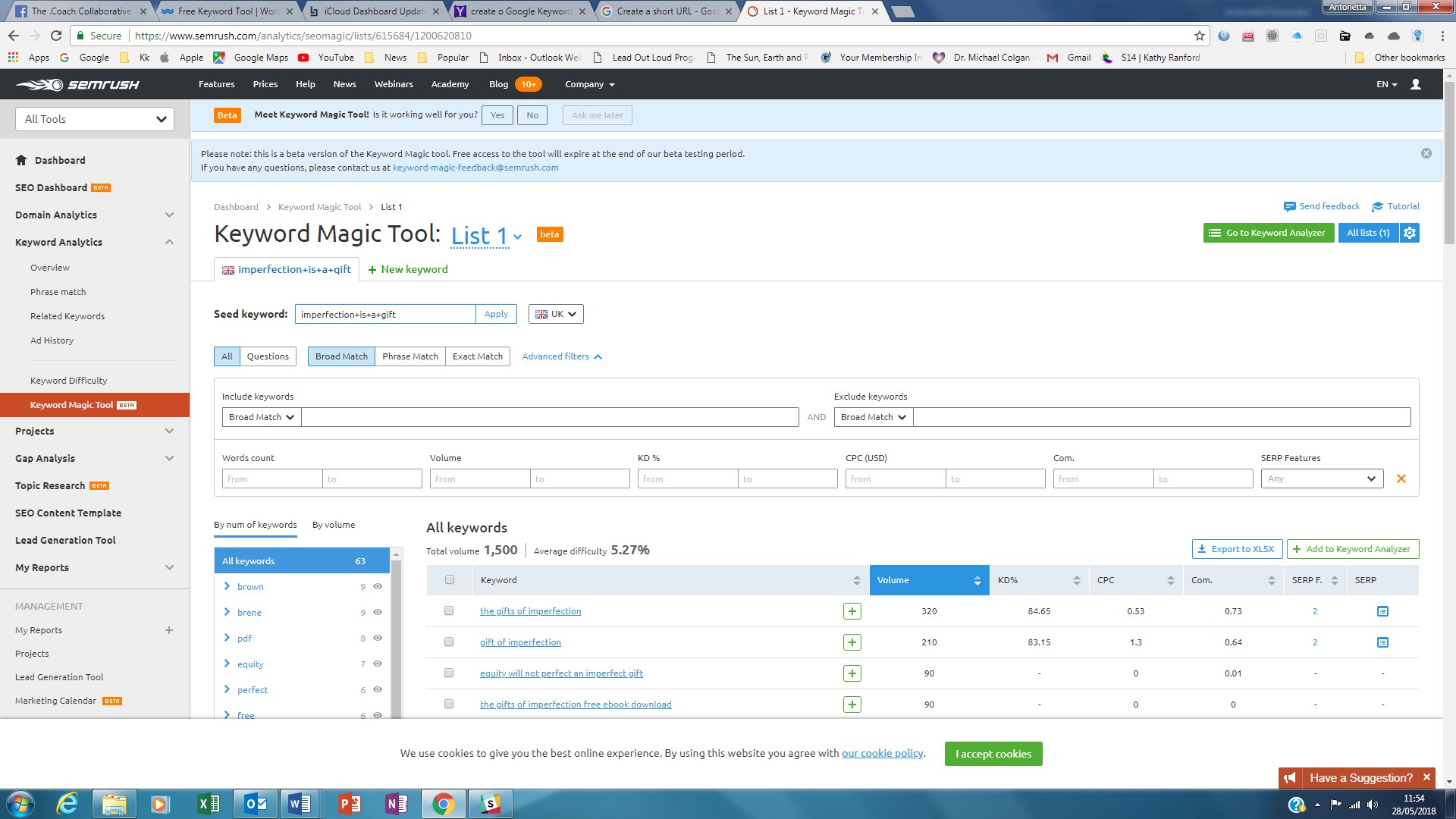Choosing a Title for the chapter
Choose a title befitting with the theme of the book, for example Antonetta was part of The Change book series, so Antonetta’s chapter had to be around embracing change. “A Voice Awakened” was the title. The chapter was about the fear of public speaking.
When creating your title ask yourself
- What does this chapter bring to Antonetta’s audience?
- Who is her ideal reader?
- How will her chapter help/inspire the reader?
Ideally, the title should include a combination of one or more power words, keywords, and ordinary language, all of which has to build into a hook that will reach out and grab a reader, inviting them to find out more.
Let’s dissect the title “A Voice Awakened”. Here the word “Awakened” is a power word. Other examples of power words are “Transform”, Breakthrough”, etc. The title fits the chapter and feels powerful and that is what a title should be like.
Below we look at the part of what Makes a Hero and it should be embodied in your chapter
Use your chapter outline to develop keywords
What is the main idea or transformation that you are trying to get across in this chapter?
1.
Write down 20 to 50 words and phrases that describe your idea and experiment with putting them together in a fun and interesting way. A thesaurus can be useful if you want to express a word in a fresh way, but the words and expression must be easy to understand and pronounce.
2.
2.1. Research on keyword: A keyword can be a word or a phrase; it just has to be relevant to your topic and easy to search for.
Example: “how to write a novel,” “how to become more productive,” and “how to grow fresh herbs” are all search terms that a reader could type into Amazon or other online bookstores when looking for information they need.
2.2. A wide range of software tools are available to help with finding keywords, but the three free tools that used to research relevant keywords are SEMrush Keyword Research, YouTube, and Amazon predictive search.
3.
SEMrush Keyword Research
3.1. This tool has a 7 day free trial period (limit of 10 request per day)
3.2. Antonetta found the keyword magic tool to be very helpful (2nd screen shot)
3.3. You will need to create an account to use this free tool.
3.4. Type in a specific phrase or word from the list you have brainstormed compare what search terms readers are using (keyword ideas) and how many searches for a specific word or phrase are made every month (search volume).
3.5. So for example, if you were writing a book on productivity, you could try the following combinations of keywords: Procrastination, Motivation, and Mindset.
The following screenshots show the first page of the search results for the keyword “money”.
In the screenshot above, you can see that when I search for the word “money” we can see what people are searching for. The Phrase Match Keywords showcase that.
The related Keywords are keywords I can incorporate and are similar.
The volume shows how many times the keyword was searched
The CPC is the cost per click (for ads)
In the screenshot above, you can see that when I search for the word “Imperfection+is+a+gift” it gives me a list of similar keywords I can use .
The volume shows how many times the keyword was searched
The KD is Keyword Density.
The CPC is the cost per click (for ads)
The total number of searches is the combined figure for the accumulated searches for all of the linked search terms and suggested keyword ideas in the tables.
In all three cases, the accumulated average monthly searches for all ideas linked to the search term was 1 million to 10 million.
Procrastination: 100,000 to 1 million monthly searches in the USA
Motivation: 100,000 to 1 million monthly searches in the USA
Mindset: 10,000 to 100,000 monthly searches in the USA—but you can see from the screenshot that the total number of searches for the topics that include mindset, such as success, motivation, coaching, etc., add up to 1 million to 10 million monthly searches.
Clearly, these numbers will vary from day to day and country to country, but the USA is the largest marketplace, and these search volume figures are a good indication of the relative popularity of a topic.
YouTube
Simply type the subject matter of your book into the YouTube.com search bar and see what comes up.

It’s useful to filter the search results by the number of views so that you can see the relative popularity next to the names of the videos.
Amazon AutoPopulate Search Tool
When you start typing into the search bar on the Amazon bookstore or Kindle store, Amazon automatically starts to suggest a drop-down list of words, phrases and book titles linked to your search. Just start typing something in and you’ll get a list of handy suggestions you can use to see what others have searched for.
To explore the full range of keywords, type in your keyword and then start to type the first letter of a new word, using only a letter of the alphabet, starting with “a” and working through the alphabet to “z”.
For example, “how to be more productive,” then “a.” See what turns up and base your keywords on that.

At the end of this step, you should have a list of at least 10 keywords and keyword phrases that you can use to create the title and subtitle of your book.
Remember, you can use all these keywords in the metadata (this comes into play during the latter phases of the book) for your book on the online publishing platform—you don’t need to discard any. Using keyword optimization can help in your marketing once you’ve chosen your title and put your book up for sale.
Find your power words
Power words are inspirational, forceful, action-driven words that will catch the attention of someone browsing online.
They include words such as Breakthrough, Secret, Easy, Transform, Power, Discover, and Life.
Every nonfiction niche has its own set of power words that appeal to readers of that specific niche. These are constantly changing and being updated to reflect the latest development in that niche.
So how do you find the best power words for you?
How To Layout Your Chapter
Title (centred)
By
Author
Opening
This in the introduction to what the chapter is about. See examples below
Body
This is where the main story starts and builds on every paragraph for example in Antonetta’s chapter the body started with:
Para 1 Reflecting on her childhood in Kenya, followed
Para 2 Antonetta’s school life,
Para 3 emigration and married life etc etc
Close
This about wrapping up and closing – see examples of closing up
At the end of the chapter please provide your contact details
To Contact Name Surname
Website: www
Opening Examples
A Voice Awakened
By Antonetta Fernandes
“Your speech was an ideal combination of motivation and humour.” “Thank you so much for your wonderful keynote presentation!” “Dynamic, humorous and inspiring.” “Your contribution is the icing on the cake…” and so on and so forth. These are the compliments/testimonials I had dreamt of hearing if only I could find this voice that had stayed dormant for so long. Why is it so easy for a small minority to have the gift of the gab while most us struggle to get an idea out at team meetings or when presenting and giving speeches? How many of us say, “I would rather die than speak in public?”
The Power of Emotional Expectation
By XXXX
At some point, you will begin to see in your own life how your thoughts create your reality. You may be more aware of the Universal Laws and see them in action in your daily life, too. You may have started using the techniques for adjusting your mind. Have you started noticing your emotions, however? I want to really dive deep into just how powerful emotional expectation is when trying to reprogram your subconscious.
Resolving Conflict in Relationships
By XXXX
Are you tired of experiencing conflict in your relationships? Do you ever find yourself choosing the wrong person repeatedly? Have you ever thought, “if only I’d known…” about my partner? Do you find yourself in conflict with a co-worker? Have you ever had conflict with a parent or sibling that you can’t seem to resolve?
CHOICE
It’s Much More Powerful Than You May
Think. It’s the KEY.
By XXXX
Even though it was a lifetime ago and I was only seven at the time, the event of that day remains a defining moment in my life. I remember it being a calm and serene day when we walked into the
restaurant. We sat. We ate. We made conversation. I felt all icky inside and a storm of anger was brewing. And when we left I said to my mom, “Promise me something.” “Sure baby, what is it?”
“Don’t make me see him again, but don’t tell him I said it.” “I promise, if that’s what you want.”
Closing Examples
- Antonetta’s story is about inspiring you and giving you tools and tips that you can apply in your own life to elevate the fear of public speaking. Here’s to you finding your voice. As for me, Antonetta is now ready to perform Elizabeth Barrett-Browning’s “How do I love thee, let me count the ways…” in all her regalia and Victorian costumes. It has been a great honour to share this with you, and a heartfelt thanks to the compilers of this book.
- A shift in perception can make all the difference in your experiences. If you regard every situation as an opportunity to choose, then you are essentially opening yourself to possibilities and other available options you might not have considered. With that said, shift your reality to suddenly notice many more choices you thought were unavailable prior to your shift? Show the world you’re going to take life by storm, by making all the right choices to live your life on purpose and with purpose. Now is the time to blaze you trail!
- What do I mean by anchoring negative emotions to experiences? Do you get into your car and feel angry, regardless of the day or what’s happening? This is a common example. What is happening here is that you had an experience in your car, stuck in traffic, or in an accident or something that made you angry, and you now feel that anger every time you get in the car. Do you hate your job? Whatever may have happened to you at work may have left the emotion of hate towards the workplace and anchored it to your job, so that you always feel that emotion when you think of work. To change this, simply use the technique Antonetta outlined above again, and move the little circle all the way to the left until you access something about that job that brought you happiness or joy. Move that happiness back over on the line to your present. Using thought dilution, you can make thee motion and thought less omnipotent. Nothing is omnipotent! With this process, you can clean your slate, so you can quantum leap your thought processes and get to the creation of your reality faster.
Formatting
- Create your chapter of 3000 to 7000 words in word.doc and use the justified function
- Use Font type: Palatino Font size 11 for main text
- Use Font type: Helvetica Font size 14 for Title
- Use Font type: Helvetica Font size 12 for sub-titles
Useful tool for grammar is Grammarly
Below is a tutorial on how to use Grammarly.
Good Luck on your first draft



